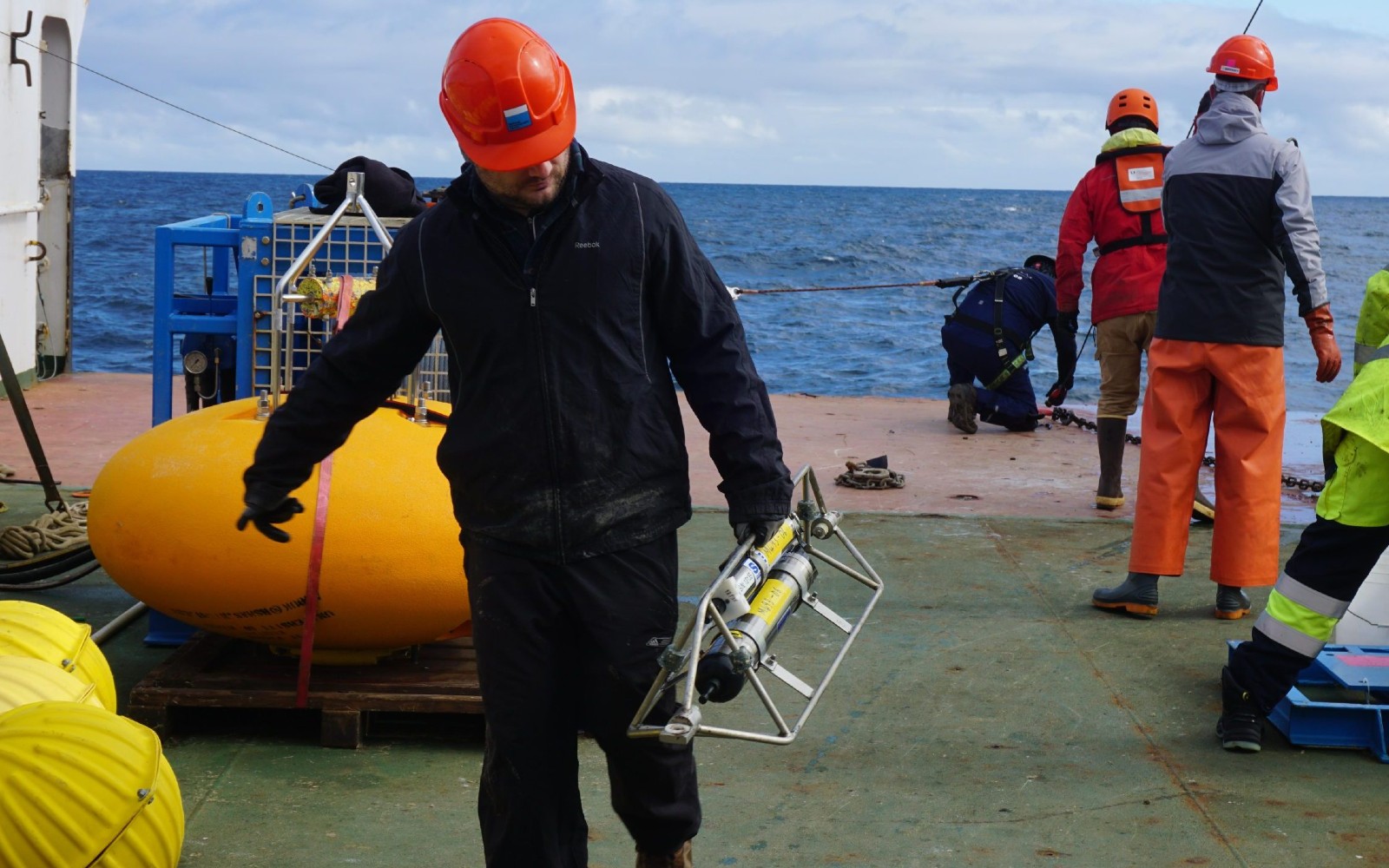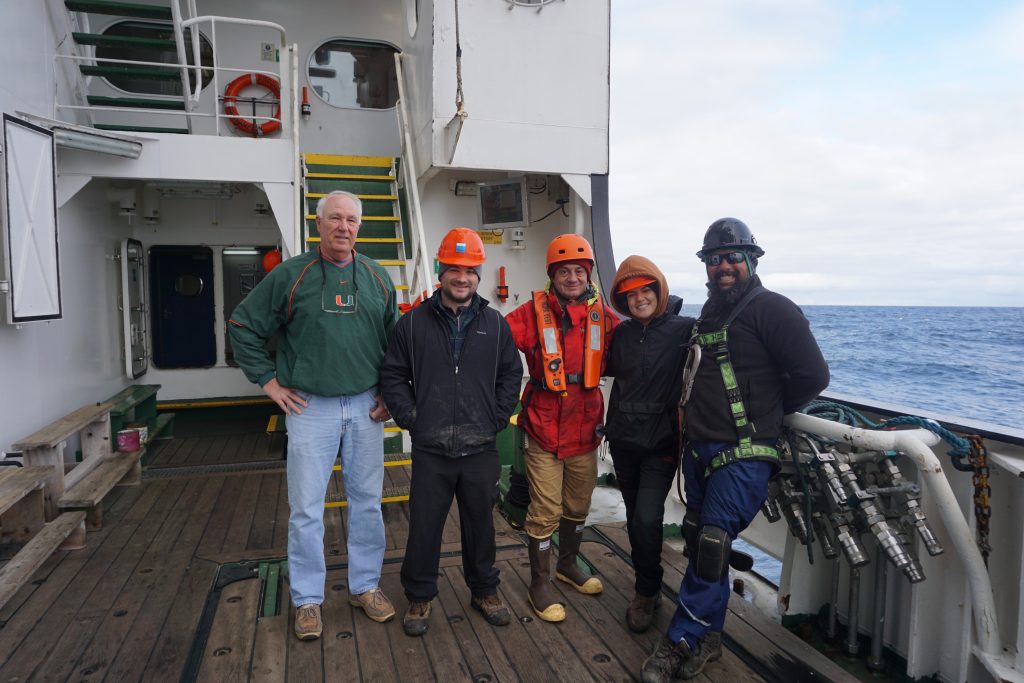
Dr. Tiago Bilo: Open ocean, open questions, endless possibilities
Like many undergraduate students studying oceanography or ocean sciences, I have a deep passion for nature. After all, who wouldn’t be fascinated by the ocean after spending years creating wonderful memories at the beach, watching the waves, or snorkeling for the first time among colorful sea creatures? However, after a few semesters at the Oceanographic Institute of the University of São Paulo, Brazil, my childhood obsession with the ocean began to shift.
What captured my interest now was the unknown, the vastness, and the remoteness of our oceans. Of course, the oceans play a crucial role in many aspects of our daily lives, the planet’s climate, and human existence. But the idea that every time I venture out to sea, I might be exploring uncharted territories makes the experience all the more thrilling.
Since then, I have indulged in this obsession with the unknown by pursuing a career in sciences. After obtaining a Master’s in Physical Oceanography from the University of Sao Paulo, I started a PhD in Meteorology and Physical Oceanography at the Rosenstiel School of Marine, Atmospheric, and Earth Science of the University of Miami in 2015. There, I learned about deep ocean moorings and how to use them to study and monitor large-scale current systems and the Atlantic Meridional Overturning Circulation. In 2020, I moved to San Diego, California, for a two-year postdoc. This time, I focused on understanding how freshwater fluxes from melting Arctic sea ice and glaciers can modify the properties and circulation of the North Atlantic Ocean. In 2022, I decided to return to Miami as an Assistant Scientist at the University of Miami Cooperative Institute for Marine and Atmospheric Studies to explore even more remote ocean current systems several miles below the surface.
In October 2024, I became an Assistant Professor at UMaine’s School of Marine Science. Since then, I have been working to establish my own research group, the Ocean Circulation Group, which is dedicated to investigating large-scale ocean circulation and its connections to our climate system. In particular, I am interested in how water properties and atmospheric circulation changes in high latitudes can force ocean variability and impact the oceanic redistribution of salt, heat, carbon, and other biogeochemical properties. Because I study flows in remote and largely inaccessible to the current ocean observational methods, I am also interested in developing, applying, and analyzing novel observational platforms that could help overcome the financial and operational challenges of studying these areas.
Ironically, I spent almost a decade studying frigid cold waters near freezing temperatures formed in high latitudes while stationed in warm large metropolitan areas such as Sao Paulo, Miami, and San Diego. Naturally, when I received the invitation to join the School of Marine Sciences as faculty, I promptly decided to embrace this unique opportunity to continue studying frigid cold waters from beautiful remote places – from a freezing, beautiful remote place, Orono.
If you were offended by my last remark, please don’t be. After all, I am a Brazilian national from a city with approximately 12 million people who have never experienced a snowy Christmas before. To me, Orono is remote and freezing. And I love it!

